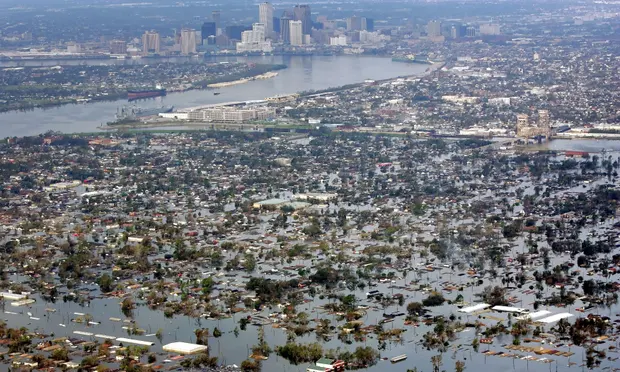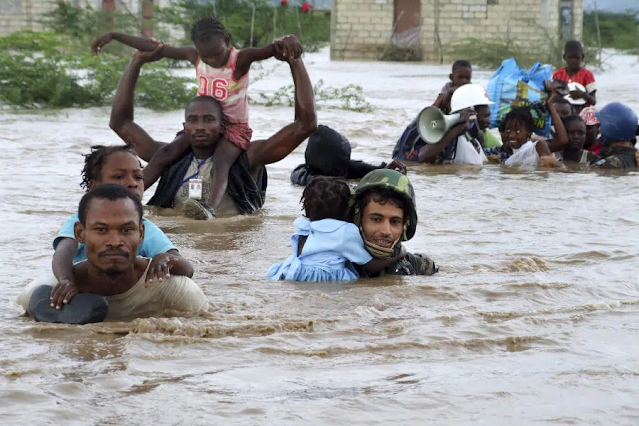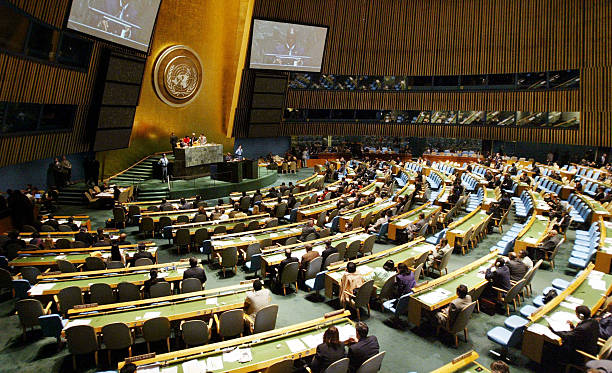What Climate Change?
Climate change is one of the most pressing issues facing our planet today. The Earth’s climate is changing at an alarming rate, and the consequences of this change are already being felt around the world. From rising sea levels and increased frequency of natural disasters, to the extinction of plant and animal species, the effects of climate change are wide-reaching and potentially devastating.
Source: the United Nations
Global warming is the leading cause of burning of earth, the increased concentration of green house gases are the Main factors.
Green House Effect
The main cause of climate change is the burning of fossil fuels, such as coal, oil, and natural gas. These fuels release greenhouse gases, such as carbon dioxide, into the atmosphere. These gases trap heat from the sun, causing the Earth’s temperature to rise. This process is known as the greenhouse effect.
The effects of climate change are already being felt around the world. Rising sea levels are causing coastal flooding and erosion, and more intense storms are causing more damage to property and infrastructure. Changes in precipitation patterns are leading to droughts in some areas and flooding in others. The rising temperatures are also causing heatwaves and wildfires.
The sea level rising day by day Between 1901 and 2018, the globally averaged sea level rose by 15–25 cm (6–10 in).
The effects of climate change are not limited to the environment. Climate change is also affecting human health, agriculture, and the economy. Rising temperatures are causing more heat-related illnesses and deaths, and changes in precipitation patterns are affecting crop yields and food security.
The rising sea levels and increased frequency of natural disasters are causing damage to property and infrastructure, and this is affecting the economy.
More than 200 of the world’s leading medical journals unite in an unprecedented collaboration calling for immediate and far-reaching action to reduce global emissions to protect global public health.
Before the next UN general assembly and the UN climate change conference COP26 in Glasgow in November, the editorial was published in prominent medical journals including The Lancet, The New England Journal of Medicine, and the British Medical Journal to call on world leaders to confront the climate change problem.
Transition towards Clean Energy
Transforming and improving the resilience of health systems should be part of every climate protection plan. To address climate change, we need to reduce our greenhouse gas emissions. This can be done by transitioning to clean energy sources, such as solar and wind power, and by implementing policies to promote energy efficiency. We also need to take steps to adapt to the changes that are already happening. This includes building sea walls to protect against coastal flooding, and implementing water management strategies to deal with changes in precipitation patterns.
Source: Pexels.com
In conclusion, climate change is a serious issue that requires immediate action. The effects of climate change are already being felt around the world, and they are likely to become more severe in the future. To address climate change, we need to reduce our greenhouse gas emissions and take steps to adapt to the changes that are already happening. We all have a role to play in addressing climate change, whether it be through changing our own behavior, supporting clean energy, or advocating for policies that address climate change.
By taking action now, we can help ensure a sustainable future for ourselves and for future generations.













